Datum Electronics Ltd. (Australia) - Australia is the fifth largest producer and the second largest exporter of coal in the world. Apart from export, coal is used domestically for electricity generation, manufacture of steel and cement and other power generation purposes.
Mining contributes heavily to the Australian economy and accounts for 6-7% of Australia’s GDP, exceeding both agriculture and tourism industries together. Being a critical contributor to the Australian economy, coal mining not only depends on its volume alone, but also focuses on continual improvements in productivity and efficiency. As a result, the industry has been massively supported by strong equipment, world-class transport system, high-quality port facilities and infrastructure.
The Client:
The majority of coal mines is located in the western coalfields of New South Wales. The client is one of the most established operations in Australia’s Hunter Valley, specialised in mining thermal coal. Recently, these mining operations have been granted governmental approval to expand their operations for producing around 4 million tonnes of export quality coal annually.
Unlike other conventional underground mining operations that incorporate continuous mining and long wall retreat technology, the coal mine is integrating a mix of dragline and loader methods of mining. The latter, allow the mining of the highest quality coal by only extracting the bottom three metres of the coal seam, eliminating the need for coal washing.
The Challenge:
After coal is dug up from the open cut mine, it is transported in trucks to the process plant (where it is processed) and then fed to the train load bin for shipping. Coal loading is done automatically and continuously with the train passing by without stopping (it slows down up to 0.8 km/h). It is crucial that load bins are filled to their optimal capacity. If you under fill the wagon, you run the risk of it being pulled off the track on a curve by the other carriages. If you over fill it, it can bounce on the rail causing damage to the track.
Considering that the government owns the main shipping lines, there is a compulsory fine of $100K per hour for any delay and a $4M fine for any minor derailment or damage to the line. And even if you don’t manage to load coal, you still must pay for the train, as they run on a schedule every day.
Bolt-On Sensor Solution:
When it comes to bin level measurement, there are a few systems available. Often these solutions require using specialist skills and tools. To replace a faulty sensor, you need to drill a large hole, accurately hand ream it and press the sensor into the metal using a specialist tool, without damaging it on installation. Datum Electronics solve this conundrum with the bolt-on sensors, having none of these risks. All you need do is to mark and drill 3 off 9mm holes, clean the surface and torque them up! It takes two men as little as an hour to install the bolt-on sensors to the bin, whilst other solutions can take hours.
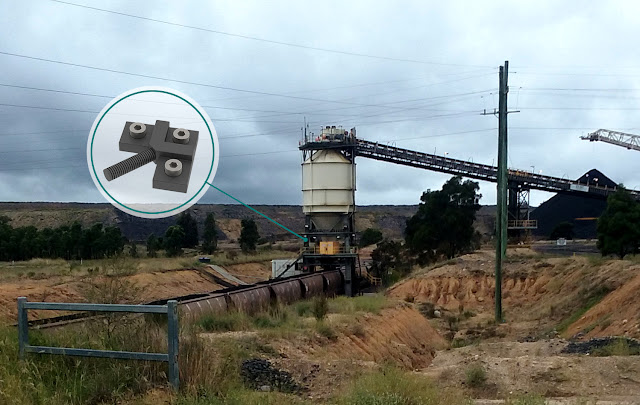
Datum 3–hole bolt-on weighing sensor solutions are ideally suited for inventory monitoring and process control, ensuring reliable operations in the mining industry. Their low maintenance requirements along with the ability to compensate for temperature changes result in increased loading rates and reduction of capital and operating costs.
The Impact:
The Coal Mine complex is operating 24 hours a day 7 days a week. With 3 trains of 80 carriages a day, they aim to ship about 240,000 tonnes of coal per day.
As a day of delay can cost the company up to $29M, it’s imperative to eliminate unnecessary failures and reduce maintenance issues to a minimum.
Moreover, strain gauges utilised in the harshest environments, cannot withstand the ravages of time. By using a junction box, it’s easy to find a faulty sensor, replace it and get on with loading the trains quickly. And should the worst happen, replacing all 4 bolt-on sensors costs considerably less than 1 press-in type sensor from a typical bin level measurement system.
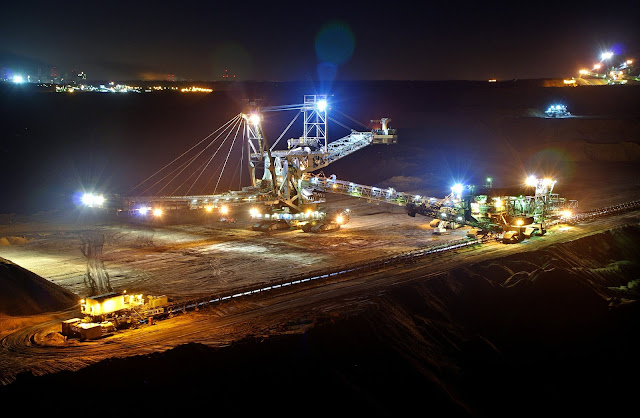
Datum Electronics’ Bolt-On Strain Sensors: Bin Weighing Application on the Mining Industry
- By Datum Electronics
- Posted on May 09, 2017
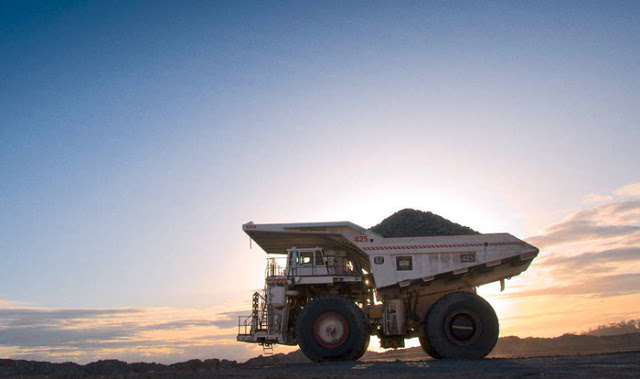
For more information about this article from Datum Electronics click here.
Other articles from Datum Electronics.
© Datum Electronics / International Weighing Review









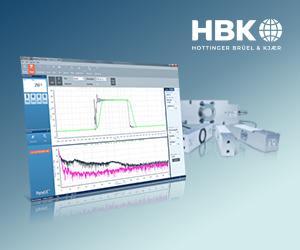
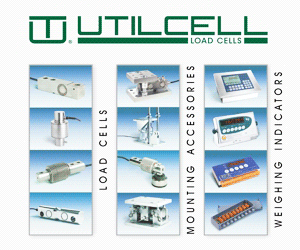

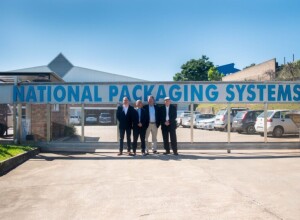
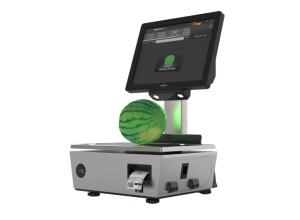


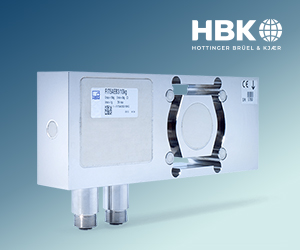
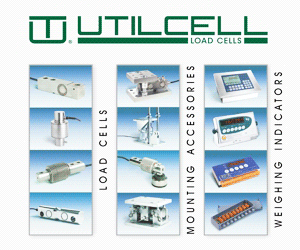



Interested? Submit your enquiry using the form below:
Only available for registered users. Sign In to your account or register here.